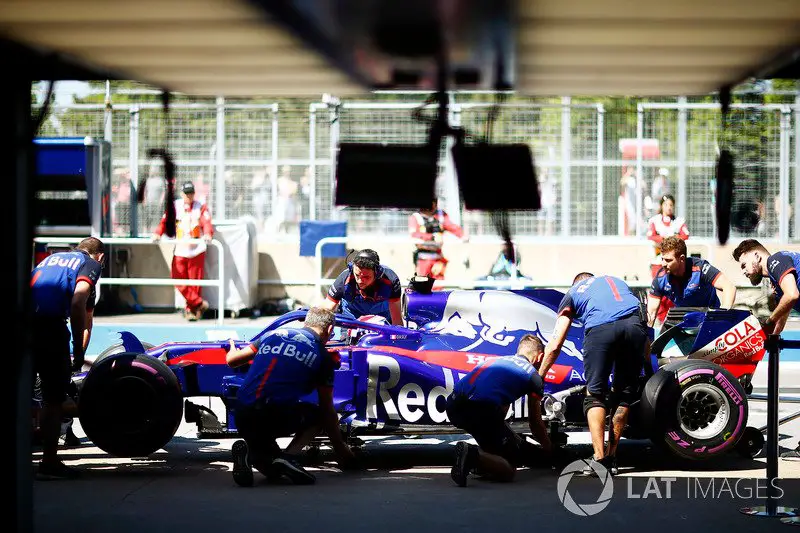Formula 1’s Triple-Header Debate: A Closer Look
The upcoming Miami Grand Prix in 2024 marks a significant shift in the Formula 1 calendar, as it will be the first race not part of a double- or triple-header since the Canadian Grand Prix in 2023. This change is a result of the expansion of the calendar over the past few decades.
From Double-Headers to Triple-Headers: The Evolution of the Formula 1 Calendar
In the 1980s and 1990s, the average number of races per season was 16. However, over the past two decades, this number has gradually increased to the current 24. Until 2003, grands prix were organized every two weeks, with occasional double-headers. Consecutive races became the norm in subsequent years. The year 2018 was a milestone as it was the first season to include a triple-header, with Le Castellet, Red Bull Ring, and Silverstone hosting F1 on successive weekends.
At the time, concerns were raised about the strain on human resources and the wear and tear on Formula 1 cars. However, the drivers seemed less bothered, acknowledging the tougher conditions for their teams, especially mechanics.
The Impact of Triple-Headers on Teams and Personnel
The triple-header took place without any notable incidents, with Lewis Hamilton, Max Verstappen, and Sebastian Vettel emerging as winners. While drivers found it manageable, the strain on team personnel was evident. McLaren CEO Zak Brown expressed a preference for fewer triple-headers in future seasons.
The 2019 calendar featured merely five double-headers, with F1’s sporting director at the time, Steve Nielsen, stating that adding a triple-header to the schedule in the future would not be undertaken lightly. However, the COVID-19 pandemic led to an unprecedented 2020 season with 17 races in just over five months, including three triple-headers.

The Future of Formula 1’s Calendar
Despite initial reluctance, triple-headers have become a part of the Formula 1 calendar. In 2024, the record-breaking 24-event schedule includes three triple-headers, with some grueling travel on the cards. The 2025 season promises more of the same, with challenging series of races.
While some argue that triple-headers are necessary for financial reasons, others express concerns about the strain on teams and personnel. As humans easily get used to gradual change, it seems that triple-headers are here to stay, barring any significant backlash.







